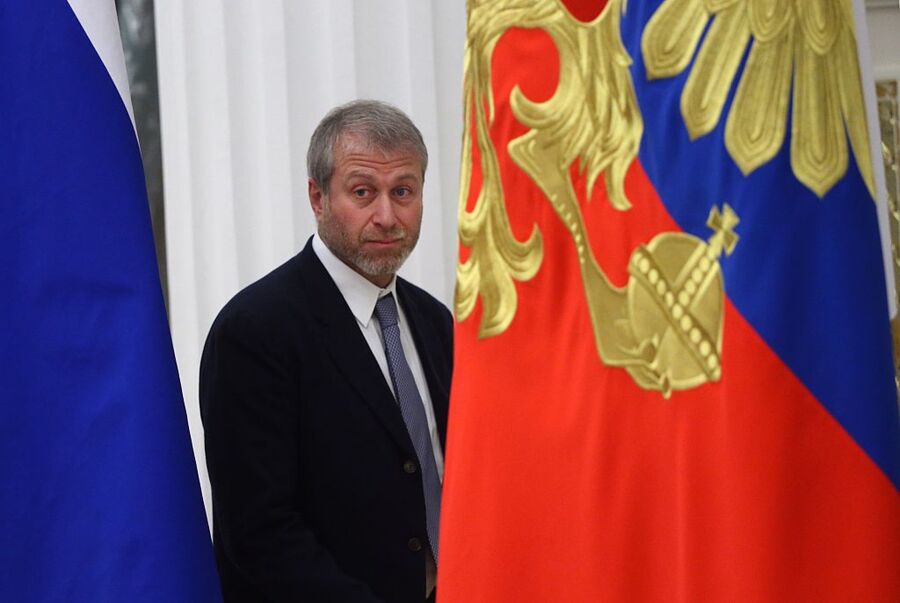Over a year and a half ago, when Russian billionaire Roman Abramovich announced his intention to sell off the Chelsea FC soccer club amid economic sanctions targeting those with alleged ties to the Putin regime, he also announced his intention to donate the proceeds to victims of Russia’s invasion of Ukraine. Now, the money has apparently still not made it to its intended recipients, due to it being frozen in a United Kingdom bank account and tied up in a dispute over how precisely it is to be spent.
The dispute is reportedly that Abramovich wants to disperse the money not just towards victims of the war in Ukraine but “but also for good causes across the world, including Africa,” according to both the British government and sources close to Abramovich. But officials in the UK want all of the money to go to Ukraine, and it’s they who are ultimately responsible for approving any transfer of the funds.
Experts on economic sanctions say donating frozen funds could have unintended consequences, such as allowing Abramovich to “whitewash” his public reputation, or the concern that the money could end up in the hands of the Kremlin or its allies. Then there’s the notion that sending the money solely to Ukraine would increase tensions between the Russia and Abramovich, who is currently trying to act as a sort of middleman between his home country and the West.
Mike Penrose is a former director of Unicef UK, and he’s currently being paid to set up the foundation that will eventually receive the money. And yet, because the money is frozen, the foundation technically does not yet exist. “There is no point in having an entity if I haven’t got any money to put into it,” he told WSJ.
Various humanitarian organizations in Ukraine and elsewhere are reported to be clamoring to get a piece of the large sum of money, which for context comes to more than six times that of the foreign aid pledged to Ukraine by the UK government itself. And a UK Foreign Office spokesperson says the conditions for getting the funds released are simple:
“We want this money to reach Ukraine as quickly as possible and remain open to any arrangement that clearly delivers this in line with these conditions.”
Mikhail Svetlov/Getty Images
Regulators in the UK have been wary of Abramovich’s intentions with the money since a press statement early on in his name and reportedly written by Penrose that pledged the proceeds of the Chelsea sale to “the victims of the conflict in Ukraine and its consequences,” wording that led some to believe that he might try to donate some of the money to the Russian side of the conflict as well. A week after the statement, formal sanctions were placed on Abramovich by the UK, and the money has remained frozen ever since.
But there’s more than just the UK and Abramovich involved in this affair. An additional complication comes from the government of Portugal, where Abramovich also has nationality (as well as sanctions from the European Union). The Chelsea sale had to be approved by Portugal in order to go through, and it only did so on the condition that the money go exclusively to Ukrainian war victims. But Penrose says this condition causes problems of its own:
“As soon as a Ukrainian victim of war crossed the border into another country, we would have to cease all aid…We would struggle to spend it inside Ukraine on just humanitarian things.”
But UK regulators say that problem doesn’t actually exist: “There is more than enough room for the money to be spent in line with sanctions legislation,” says a European Commission statement. Pemrose also stresses that the foundation would be totally independent of Abramovich, and has even offered to take responsibility if any of the money ends up in Russia or in Belarus. As Pemrose put it:
“What’s more important, trying to avoid some small suspicion that somebody might get some credit? Or getting £2.34 billion into the hands of the most vulnerable?”
Hopefully for everyone involved, the dispute will be worked out soon.

